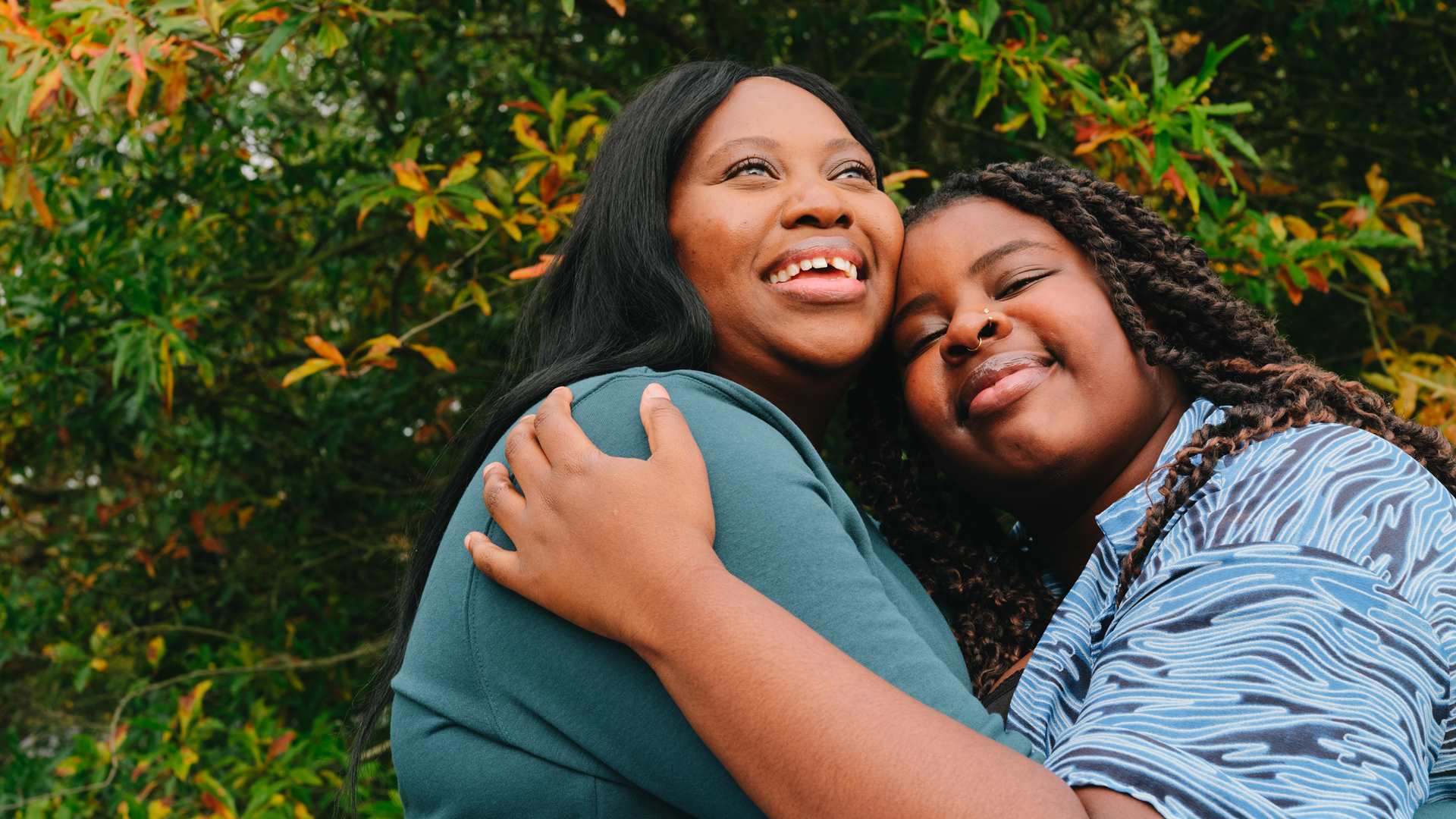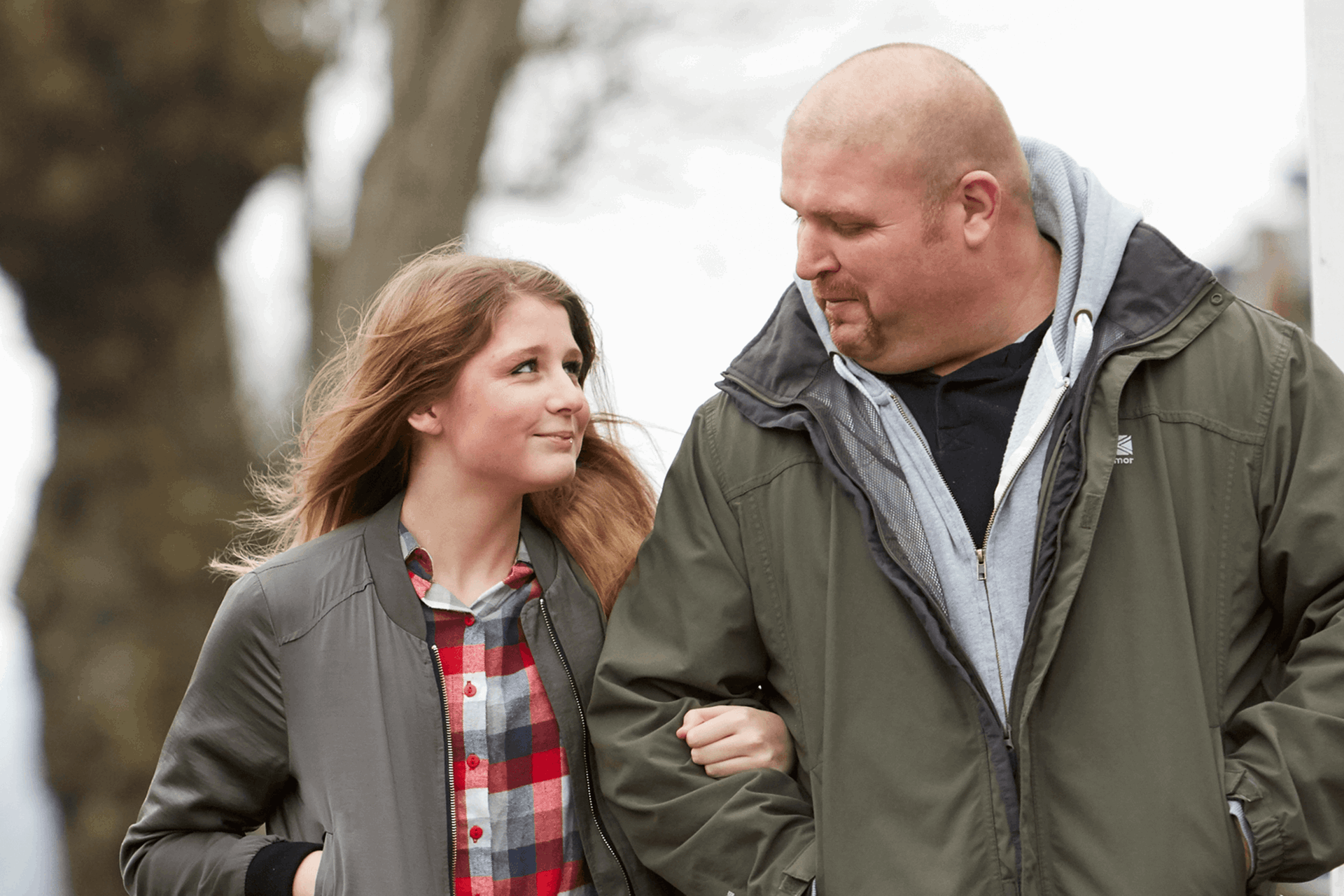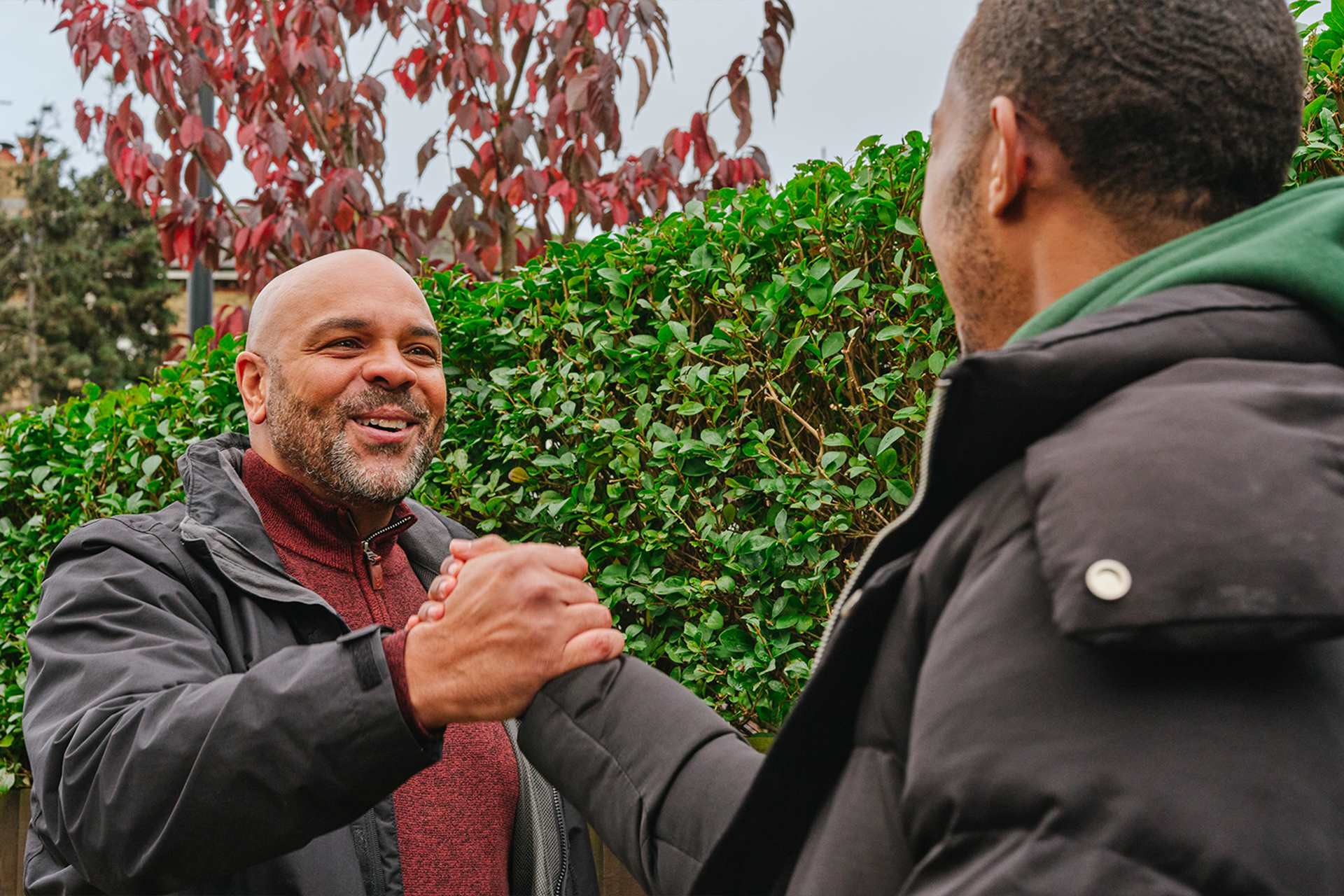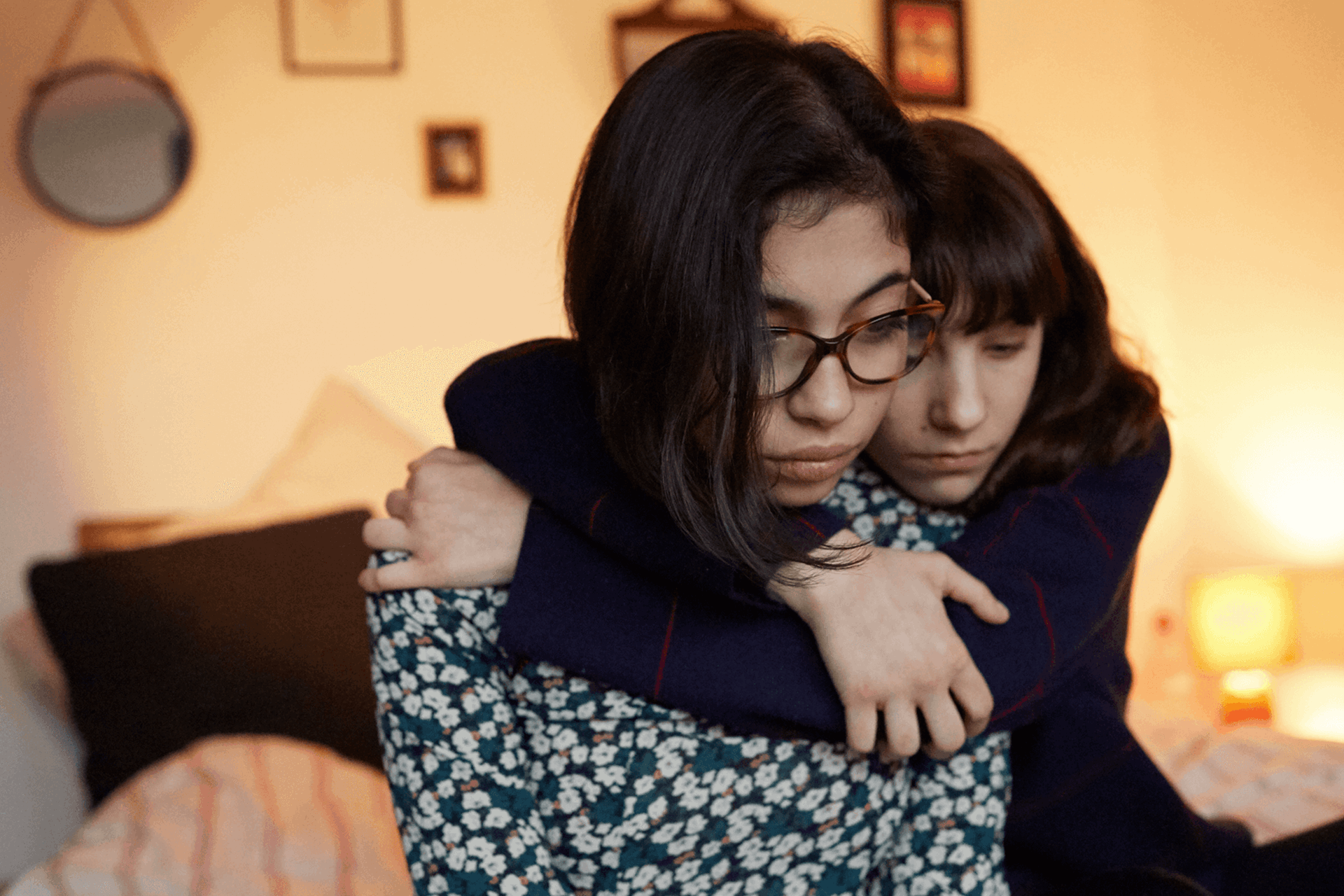Topics mentioned: young carers
About: Being a young carer is tough and sometimes it's hard to accept when you need support. But reaching out can make all the difference. Find out how our blogger found help for both themself and their family by registering as a young carer.
I’m a young carer, and I’m proud to say it. I care for my mum and sister in both an emotional and physical capacity. I went years as an unregistered young carer and had no support because of this. I would constantly feel stressed, tired, and struggle with my emotional health. I was both unaware and in denial of my caring responsibilities. Little did I know that becoming a registered young carer would greatly improve the support I receive, and nurture my family setting.
A young carer is someone aged 25 and under who cares for a friend or family member who, due to illness, disability, a mental health problem or an addiction, cannot cope without their support.
(Definition taken from Carers Trust).
I’ve learnt to take time for my own needs
Sometimes I struggle to talk to my family about my own struggles and when I’m mentally or physically ill, I don’t let them support me. But since being registered as a young carer, I now have lots of people who I can confide in and be supported by. They taught me to still lean on my parents and family, and remind me that although I’m a young carer, I can still be a daughter. Just because I care for a parent doesn’t mean they can’t still be there for me as a parent.
I often put my family and their health before my own, and feel overwhelmingly busy and stressed at home with the weight of the responsibilities I take on. Instead of sleeping, I’ll be awake at night tending to the needs of my family. Instead of revising for my chemistry test the next day, I’ll be making dinner, cleaning and ironing. This can make me feel tired and stressed, but I’ve found my own ways of coping with this. Recently I’ve been really enjoying short workouts and journaling. My support workers have also helped me understand the importance of not only maintaining my physical and mental wellbeing, but also to take time for me.
My support workers have also helped me understand the importance of not only maintaining my physical and mental wellbeing, but also to take time for me.
School is my refuge and because of this, I enjoy my schoolwork and classes. However, because I’m away from the stresses at home, I often find that my mind relaxes and releases all my emotions at school. This can make it hard for me to concentrate and go to my lessons sometimes, but since being a registered carer, I feel well supported and understood at school. I think it’s important for school to know that I’m a young carer, because they can support me if I’ve had a bad morning or night before coming into school, without me feeling like I need to explain why.
I’ve learnt to validate my own feelings and accept help
Being a young carer isn’t just about helping with meals, food shopping, pushing the wheelchair and cleaning. The biggest caring role I have is listening to the struggles of my family and being on constant watch of their mental health – trying to notice when it’s getting worse, ensuring they take their medication, and being there for them when they are low. Young carers will all have different caring responsibilities and be needed in different capacities.
My ability as a carer is not reflected by the health of the cared for person. I have to remind myself of this and give myself a break from my own criticism.
Sometimes I resent caring for a person with mental illness – I think to myself, ‘why can’t they just get better for me? I’m doing my best and giving everything I can’. And then I feel so guilty, because I know that their mental health isn’t about me. It’s interwoven in their mind and they’re doing their best too. And then I just feel frustrated. My mental health has struggled a lot too since taking on my caring role, and I often feel even guiltier because of this. But I’ve recently learnt to accept the help I am being given and find ways of coping.
My ability as a carer is not reflected by the health of the cared for person. I have to remind myself of this and give myself a break from my own criticism. But I also know that I have to accept the difficult emotions I’m feeling, because they are valid. If I don’t do this, I feel like I’ll explode with emotions I can’t recognise.
I’ve learnt that I am not alone – and neither are you
It’s ok to feel resentment, frustration and guilt as a young carer, and you don’t have to deal with these emotions alone. If you can, speak to someone you trust, like a teacher or friend, or there are lots of organisations set up to support young carers.
I’ve often struggled to find young people like me who care for a family member and understand my situation. But there are amazing support groups out there and fun activities to join as a young carer. Even if you don’t feel like you need help, it’s important to validate your role as a young carer and have people in your life who you can turn to for support. No matter how big or small you think the things you do at home are – you deserve support.
Even if you don’t feel like you need help, it’s important to validate your role as a young carer and have people in your life who you can turn to for support.
More information and advice
We have tips and advice to help you find the support you need. Take a look at our guides.
Where to get help
However you're feeling, there are people who can help you're struggling. Here are some services that can support you.
-
Carers UK
Offers support to carers across the UK.
Runs an online forum for carers to get advice and share their experiences and feelings.
- Opening times:
- 9am - 6pm, Monday - Friday
-
Samaritans
Whatever you're going through, you can contact the Samaritans for support. N.B. This is a listening service and does not offer advice or intervention.
- Opening times:
- 24/7
-
Childline
If you’re under 19 you can confidentially call, chat online or email about any problem big or small.
Sign up for a free Childline locker (real name or email address not needed) to use their free 1-2-1 counsellor chat and email support service.
Can provide a BSL interpreter if you are deaf or hearing-impaired.
Hosts online message boards where you can share your experiences, have fun and get support from other young people in similar situations.
- Opening times:
- 24/7






